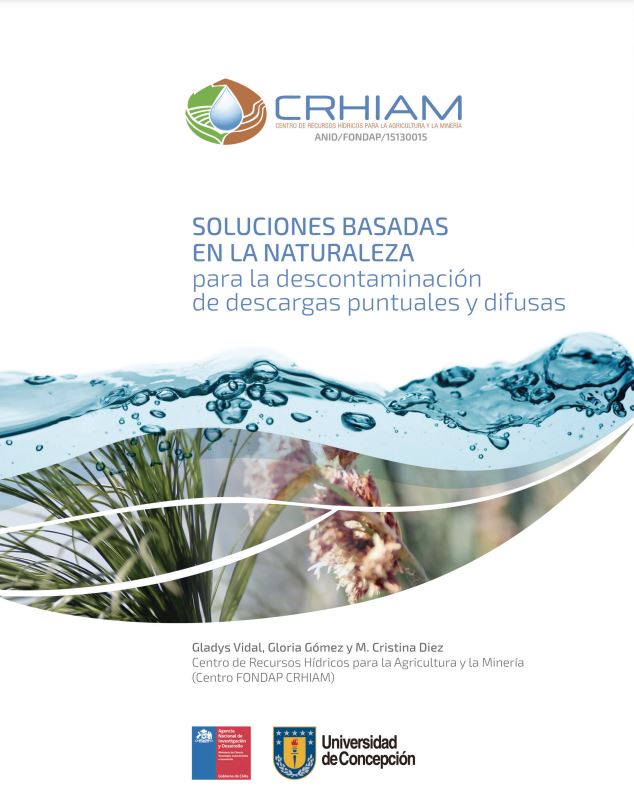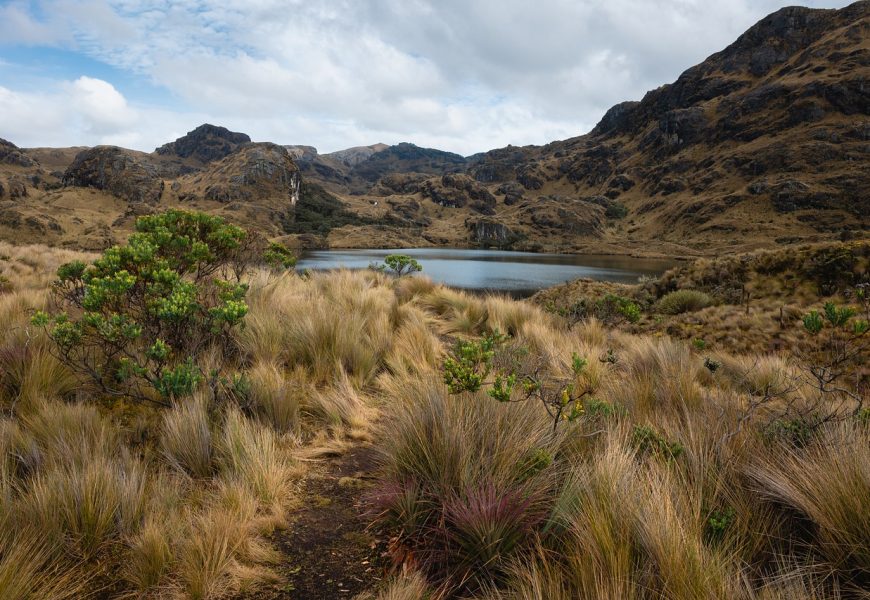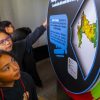By Katerina Vargas Placencia, Water Research Center for Agriculture and Mining (CRHIAM) / kvargasp@udec.cl | Photographs: Courtesy of CRHIAM
Different studies, technologies, and innovations seek to address climate change and its impacts. Nature-based Solutions (NBS) stand out as a fundamental pillar, working in harmony with natural processes to face environmental challenges such as water scarcity, soil degradation, and climate risks. These solutions not only offer practical answers to current problems but also contribute to the conservation of biodiversity and the well-being of communities.
NBS in the fulfillment of the SDGs
In line with the Sustainable Development Goals (SDGs), Nature-based Solutions directly support vital ecosystem services, promote biodiversity, and guarantee access to fresh water. In addition, they improve livelihoods, promote healthy diets, and ensure food sustainability in food systems.
Beyond their environmental impact, the NBSs have become a fundamental piece in the fight against climate change and the preservation of biodiversity. Research suggests that these solutions can provide more than a third of the cost-effective climate mitigation needed to stabilize global warming to less than 2°C by 2030, achieving a natural mitigation potential of 10-12 gigatons of CO2 per year. Strategic investment in nature-based solutions will not only contribute to reducing the financial consequences of climate change but will also boost job creation, strengthen livelihood resilience, and reduce poverty.
How are the NBSs that we can promote linked to water resources?
Concerning this issue, CRHIAM researchers are committed to generating quality, up-to-date, and relevant scientific evidence for the country and its decision-makers. The book “Nature-Based Solutions for the Decontamination of Specific and Diffuse Discharges” has been prepared in response to this need.

The projects and research led by CRHIAM explore innovative strategies, such as restoring aquatic ecosystems, implementing water capture techniques, and promoting sustainable agricultural practices. Among the most outstanding natural measures are the wetlands constructed to recover natural wetlands since, through restoration projects, they seek to improve their roles and structure. These constructed wetlands have biological, aesthetic, and social value and act as open spaces for wildlife, integrate vegetation, and provide enjoyment for the community.
Another of the NBS measures highlighted is the use of retention ponds for runoff control since they are a common practice to control sediment in stormwater and effectively control pollutants and peak runoff flow rates. In addition, they reduce pollutants when they are well-designed and have key attributes, such as size. The wetland retention ponds also provide benefits such as flood control and improved water quality. Their integration into open spaces and green belts provides community benefits, even if the water quality is not optimal, and catch-and-release fishing is recommended due to possible toxic substances.
On the other hand, the use of pesticides, vital for agricultural productivity, becomes an important source of pollution. The simple and economical biological bed technology emerges as another outstanding nature-based solution, promoting good farming practices and offering advantages such as the minimization of one-off contamination events, efficient retention and degradation of pesticides, adaptability to the user, and the promotion of environmental awareness, standing out as an integral strategy for agricultural sustainability.
Integrating these solutions into water management contributes to environmental conservation and strengthens communities’ resilience to extreme events and climatic fluctuations. CRHIAM’s research has shown how NBSs are not only effective in addressing specific challenges but can also generate long-term economic and social benefits. As we move towards a more sustainable world, nature-inspired solutions become vital in addressing the water and environmental challenges of our time.
Last modified: 29 de agosto de 2025






